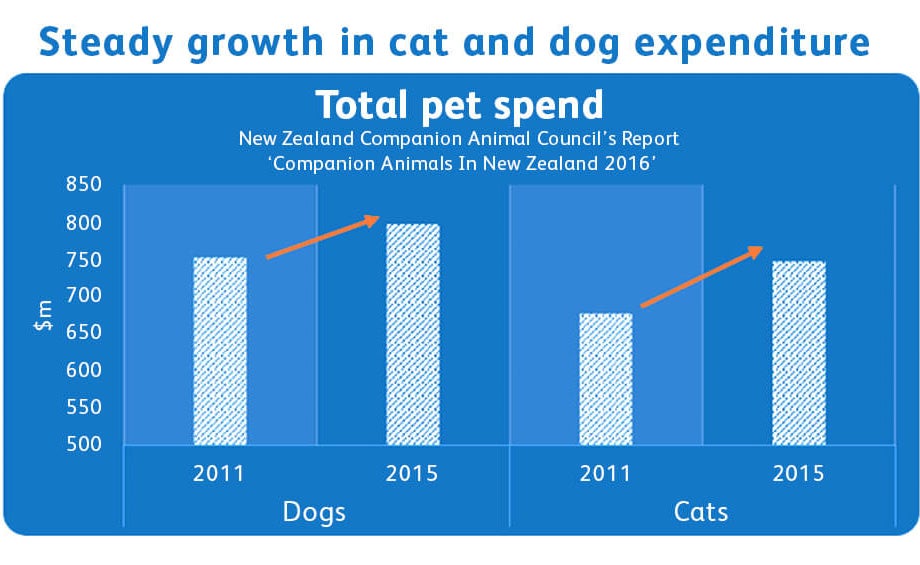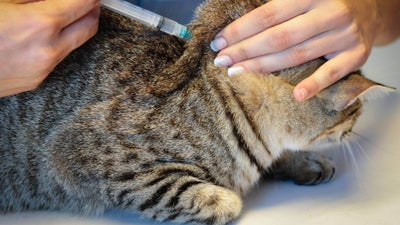Planning for the costs of pet ownership
Your loyal companion will follow you around forever, but so will their costs. Owning a pet comes with a lot of expensive responsibilities that you need to keep up with but there are ways to shop around for the best price.
When it comes to pet insurance, one of the best ways to keep your costs under control is to go for a policy that offers the best value for money. Some policies can seem cheaper upfront, but they might not cover everything you need, which means you may end up paying more in the long run. It’s a good idea to pay attention to what’s covered (or not covered) under every policy, as well as the annual limits or sub-limits.
With SPCA Pet Insurance, there’s three different levels of cover to choose from, so you can find a perfect match for your needs. Whether you’re only worried about the occasional bump or huge vet bills that could cost you thousands of dollars, there’s an option for almost every breed or budget.










